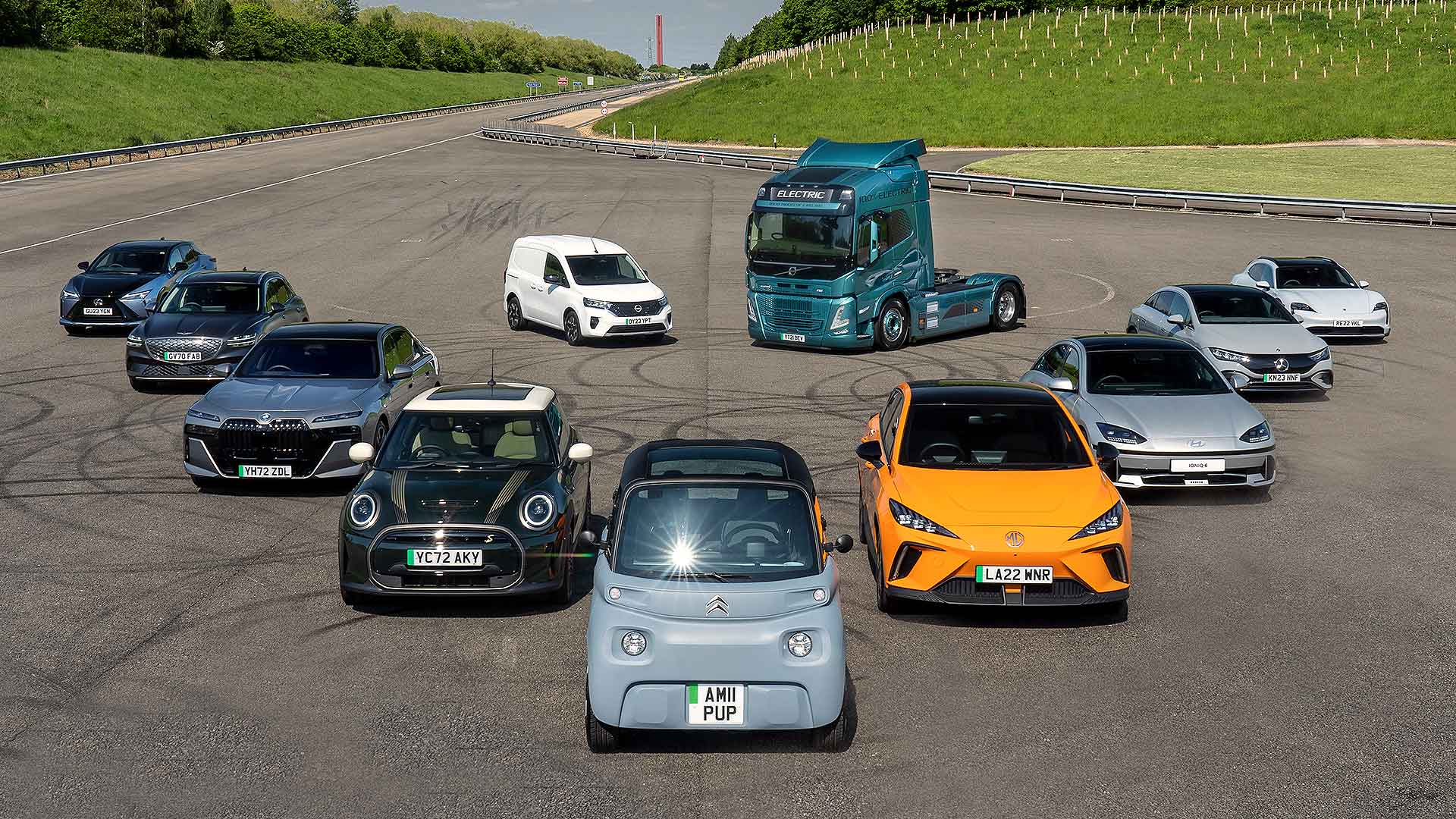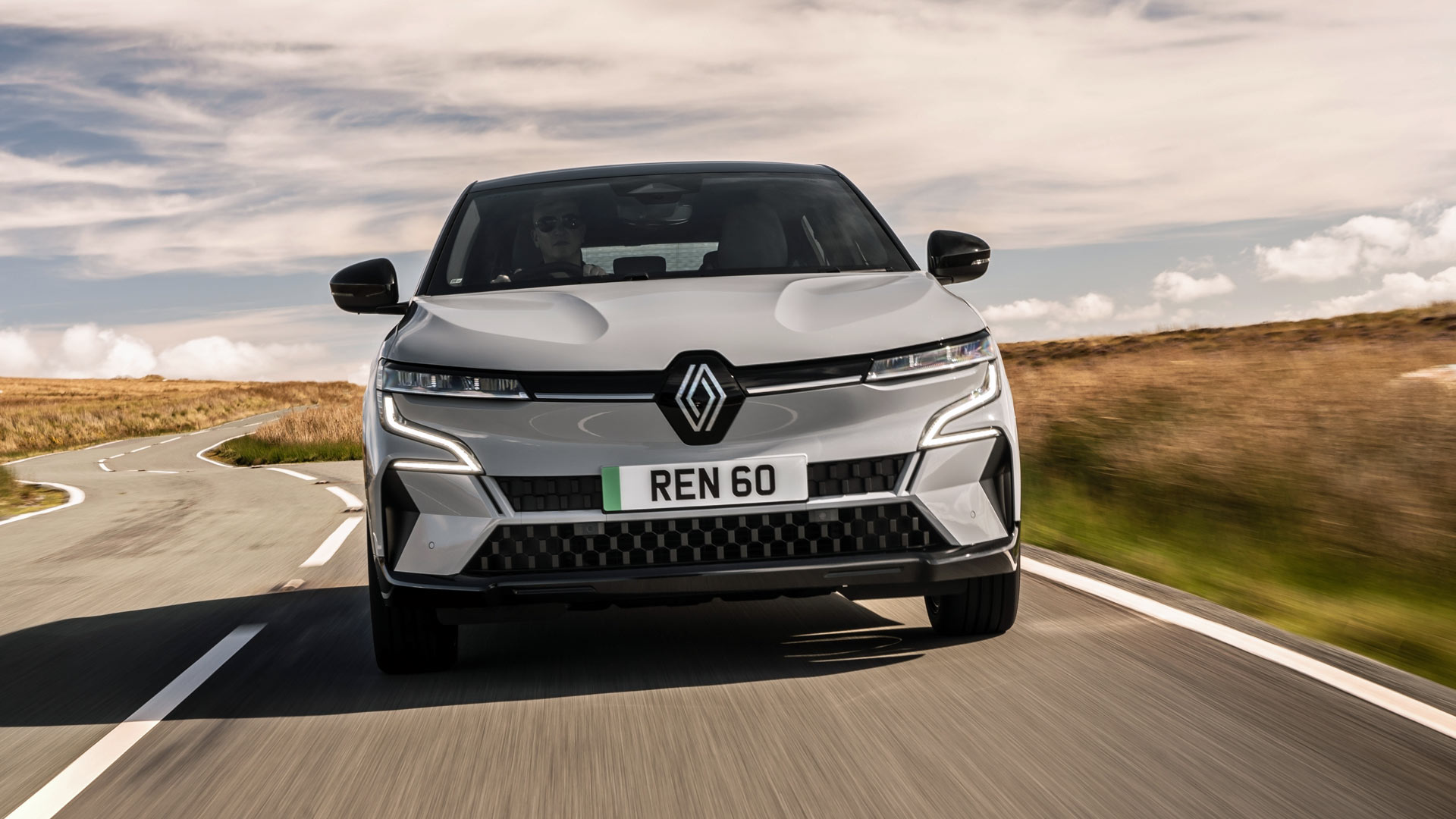
The choice of new electric cars available to buy in the UK has quadrupled in five years, says the Society of Motor Manufacturers and Traders (SMMT).
There are now around 80 electric models on sale, compared with 21 in 2018. This means that almost one in four new car models is now available with electric power.
Car buyers are increasingly responding to the change, says the automotive trade body. More than 750,000 Brits have already made the switch, and new electric car registrations have risen by more than a quarter so far in 2023.
“Britain’s drivers are benefiting from the massive investment made by manufacturers over many years to deliver an electric car choice for every need,” said Mike Hawes, SMMT chief executive.
Range anxiety should become a thing of the past as well, reckons the SMMT. Its data shows the average distance a new electric car can travel on a single charge is 236 miles – and for new cars being launched in 2023, it is almost 300 miles. This is around three times the distance an average UK driver travels in a week.
SMMT data also shows there are a further 94 plug-in hybrid (PHEV) models and 42 hybrid (HEV) models on sale. It means electrified cars make up almost two in three new cars on sale.
Support for EVs

While the automotive industry is doing its part, it is now time for the government and legislation to step up. “We now require a framework that ensures everyone can benefit from zero emission mobility,” said Mike Hawes.
The SMMT is again calling for improvements to the UK’s charging infrastructure. While more than £2 billion has been committed by the UK government to increase public chargepoint provision, binding targets on chargepoint rollout could help accelerate infrastructure growth.
Such targets would also complement targets on new EV sales due to be set by the Zero Emission Vehicle Mandate.
The SMMT is also seeking a “fair and forward-looking” VED (road tax) regime, a fiscal framework that supports company car drivers, and added incentives for private car buyers. It says reducing the VAT paid at public chargepoints to the same level as charging at home would make things fair for all, too.
“These vehicles already offer an outstanding driving experience, but motorists should have lower total running costs, no matter where they live or work, with fair taxation that inspires instead of impedes,” continued Hawes.
“With infrastructure provision accelerated ahead of need, the UK can have a healthy, vibrant market, with ever more model choice to keep the UK as a world leader in net-zero transport.”
ALSO READ
Electric car ownership ‘a gateway to green living’
How to watch the 2023 Indy 500 in the UK
New Aston Martin DB12: suave ‘super-tourer’ debuts with 680hp and new tech